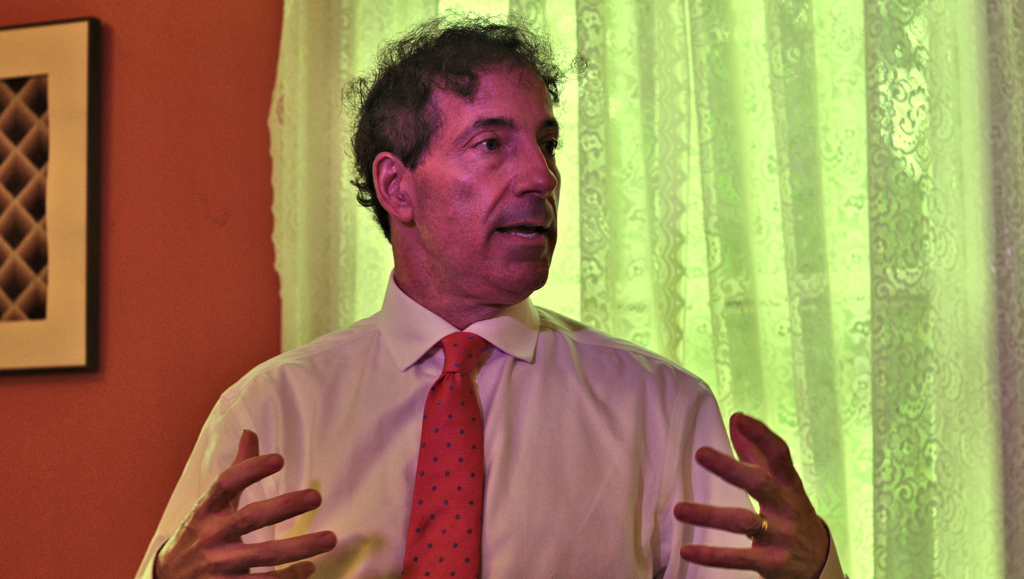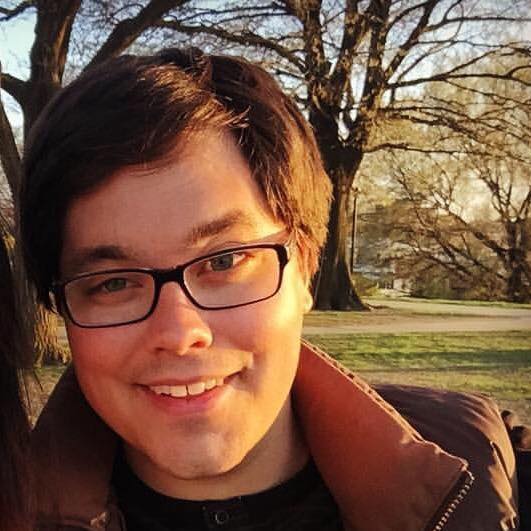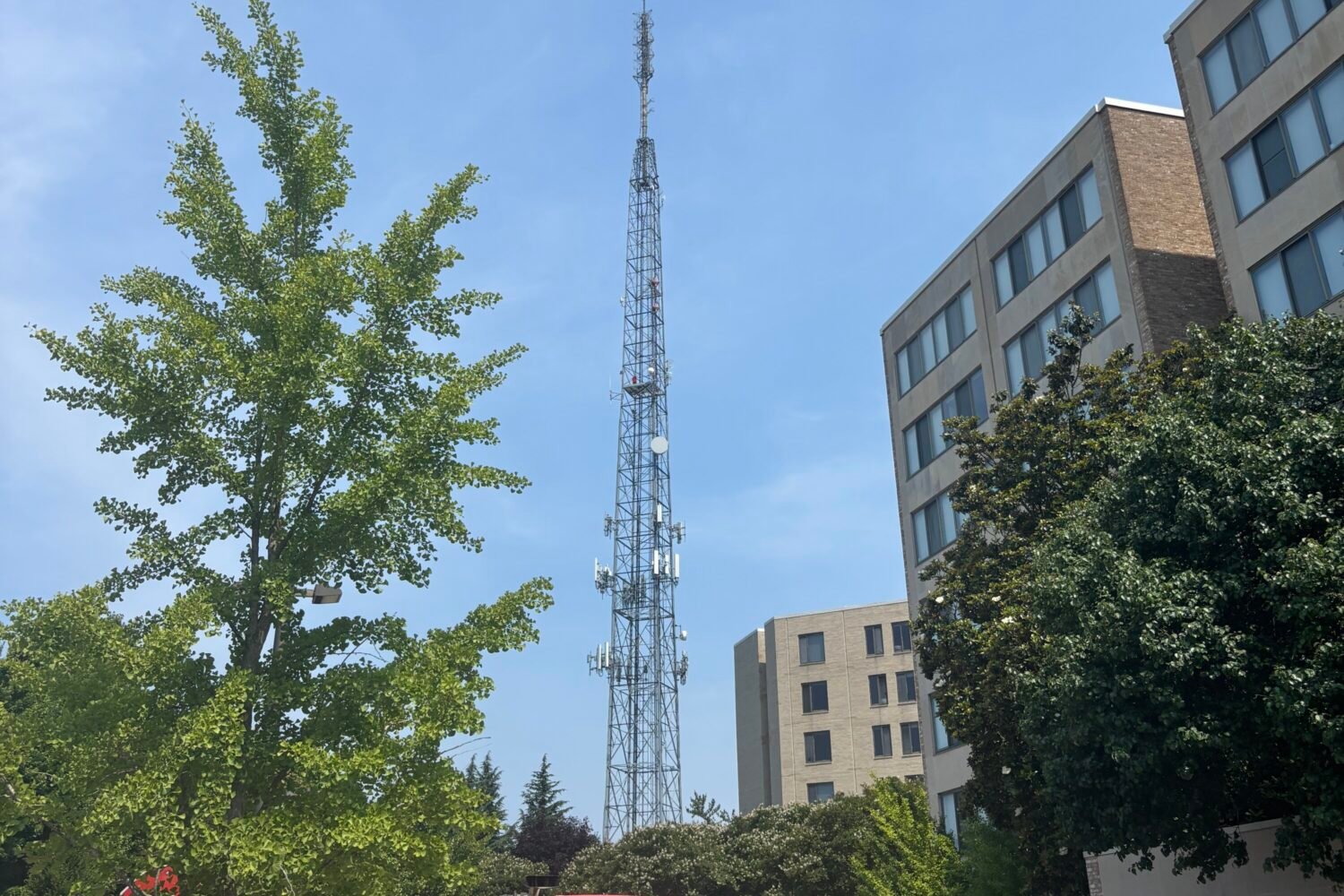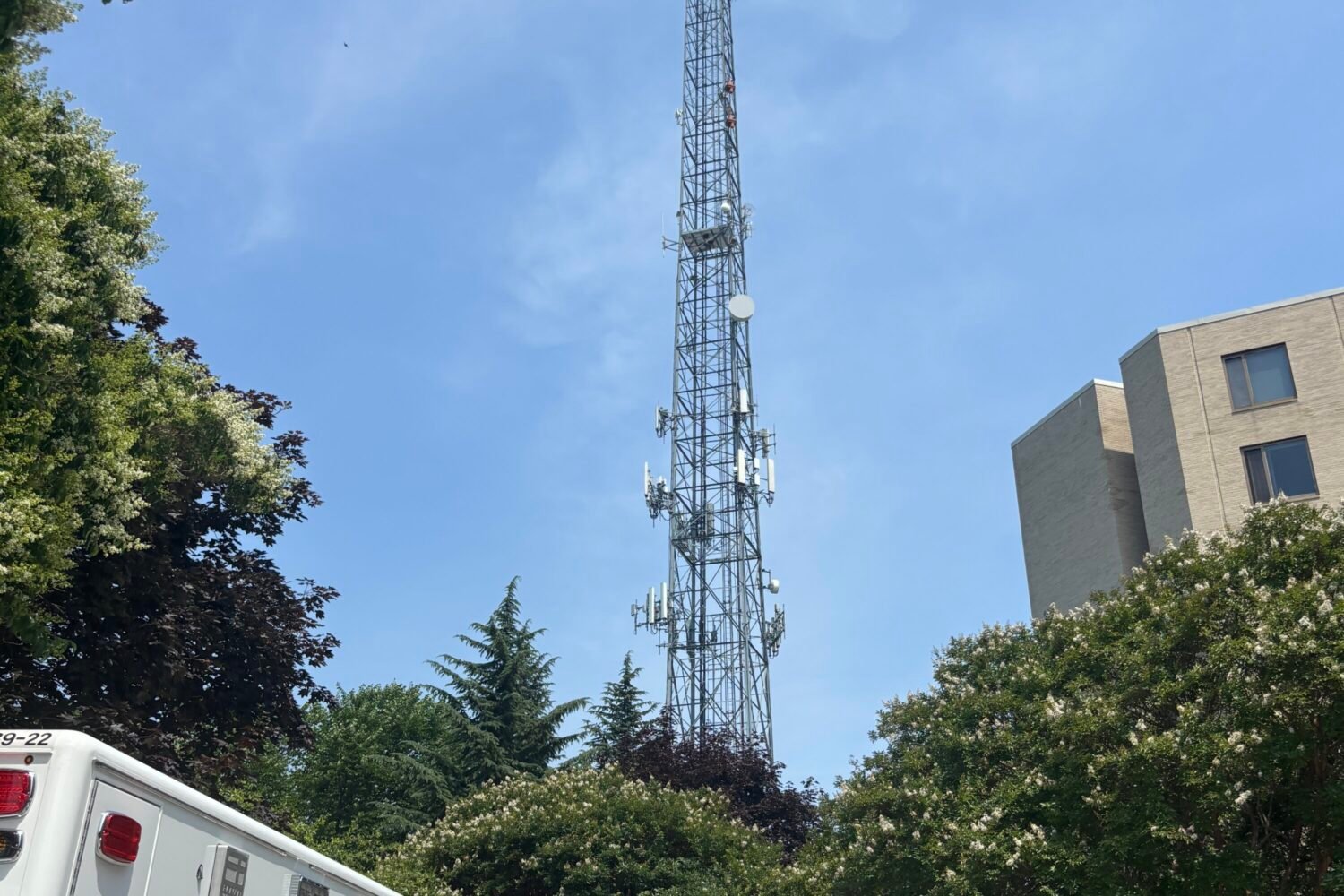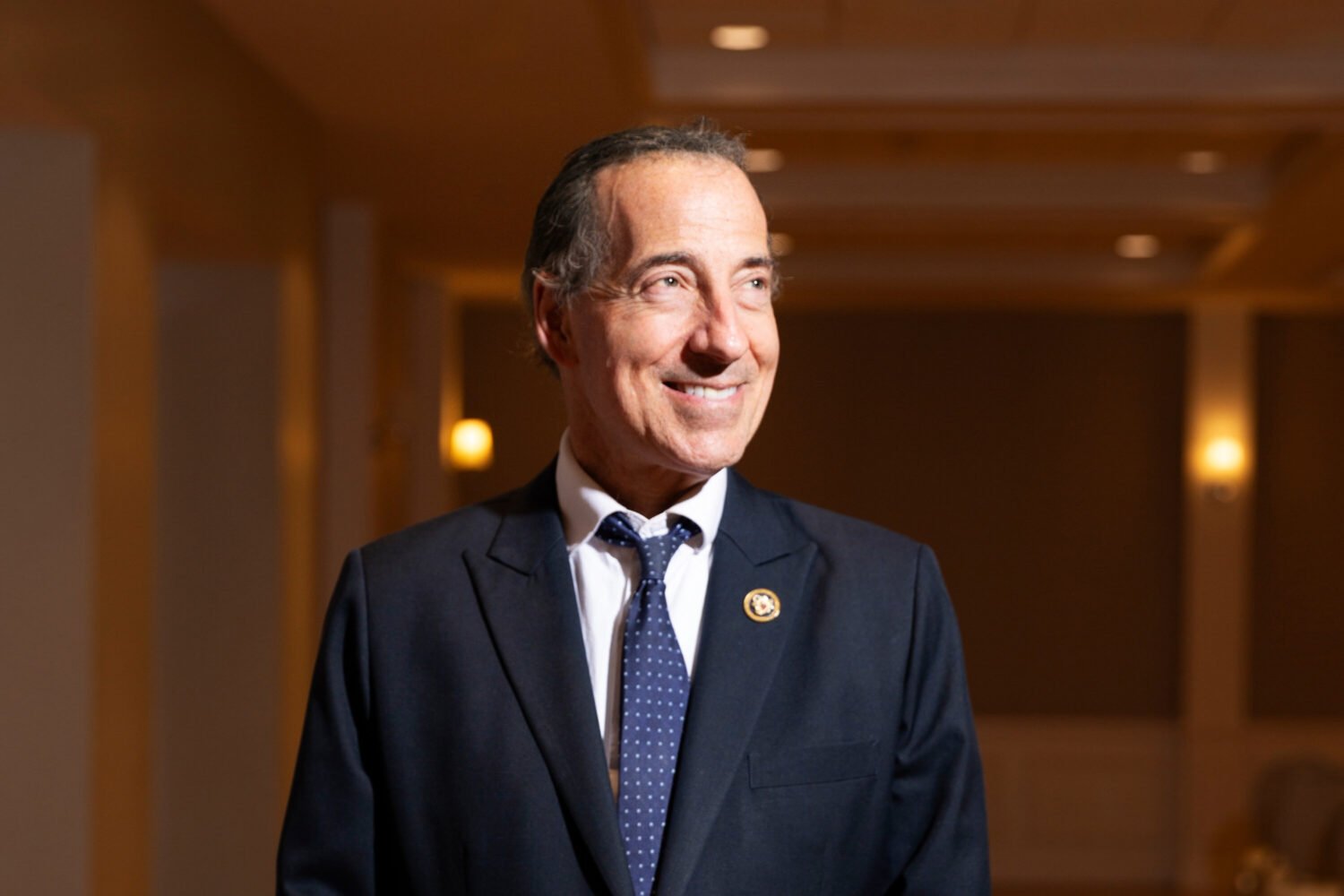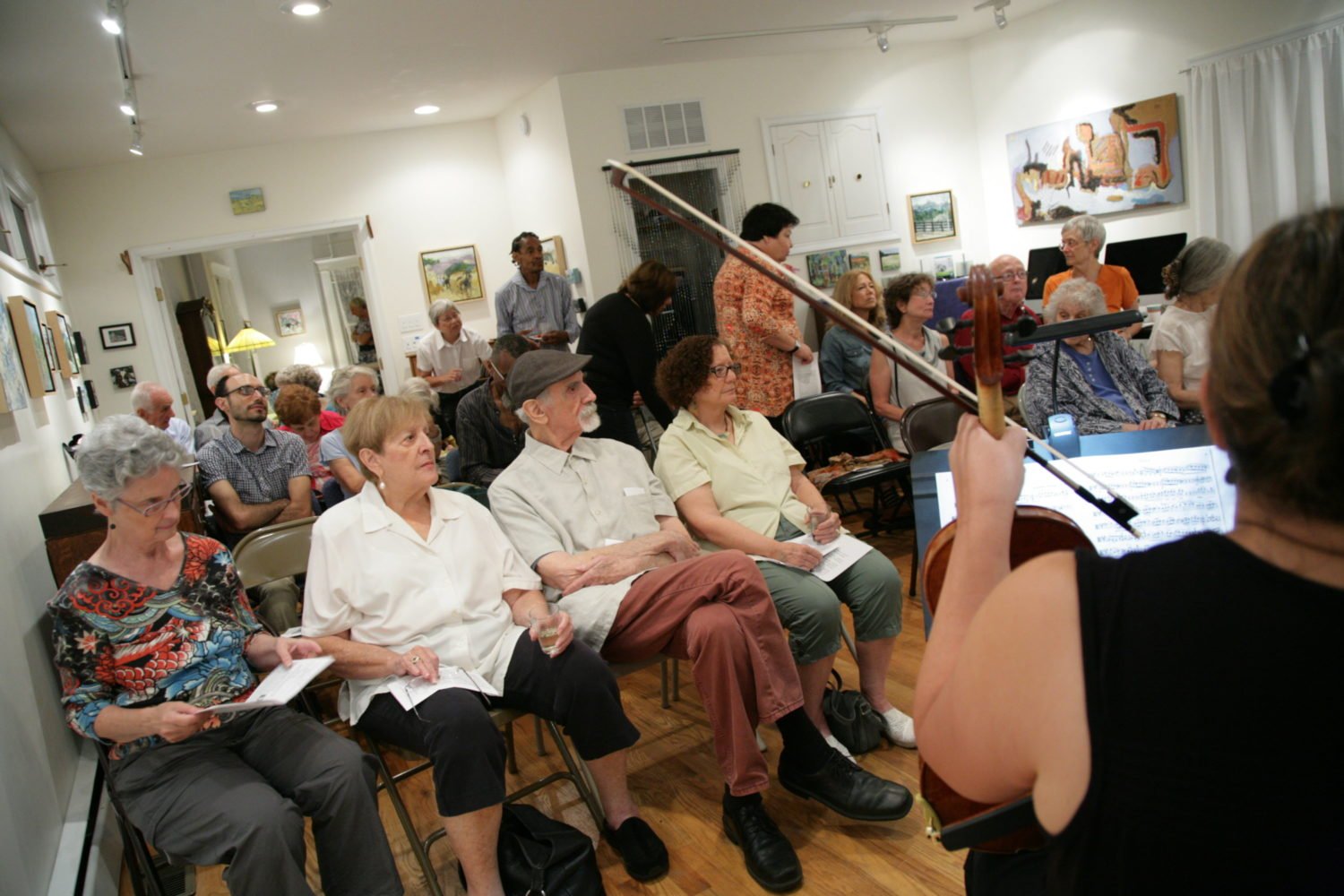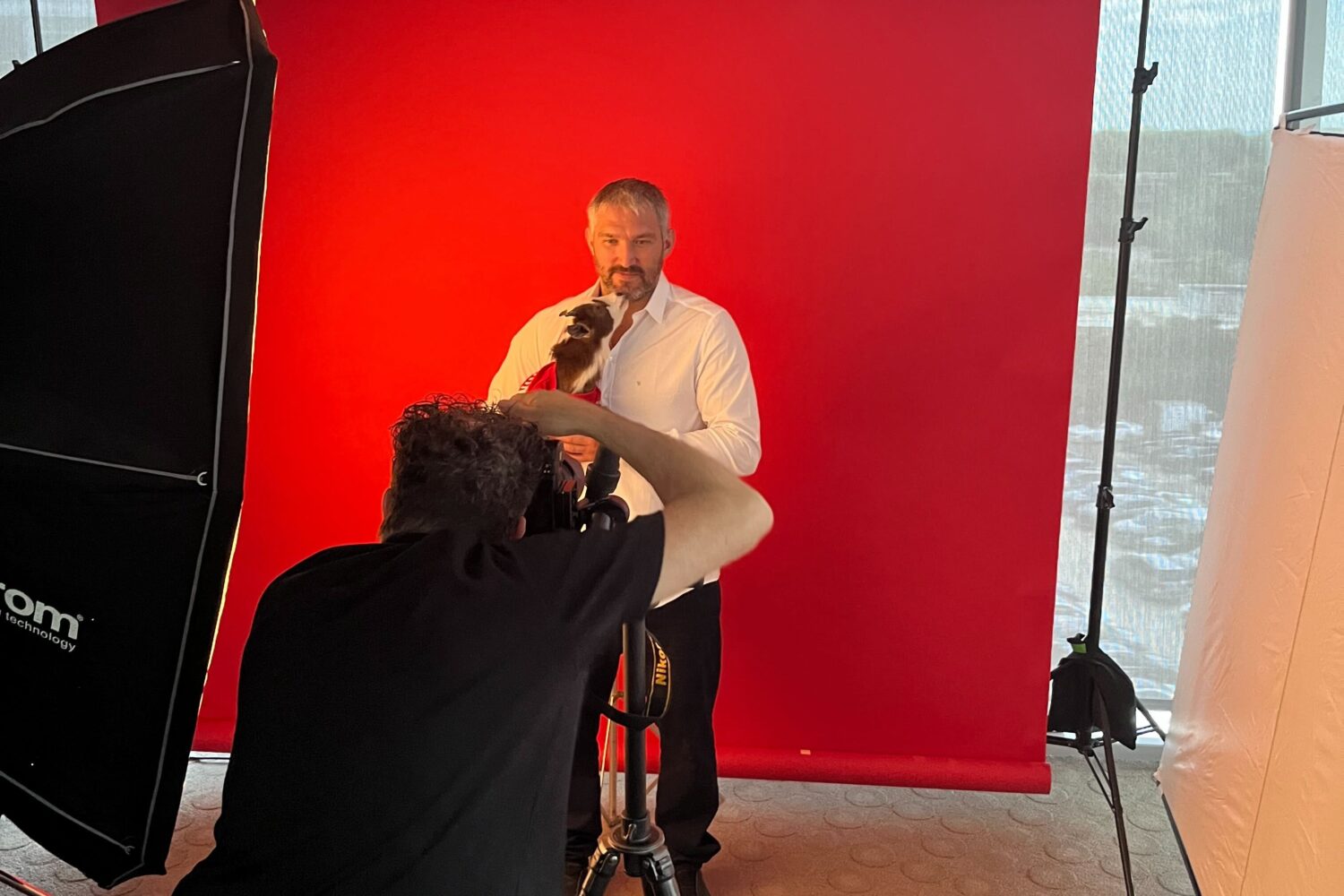Jamie Raskin plans to dive into the “political correctness” wars that have ripped through US college campus with a speech at American University Thursday night, questioning what he calls “puritanical language protocols” like “trigger warnings,” “safe spaces,” and other measures campus progressives have called for in recent years.
Raskin is no Milo Yiannopoulos, the Donald Trump-worshipping provocateur who has toured US colleges—including American—insulting students who’ve tried to make their campuses more welcoming to all. Raskin is the Democratic nominee for Maryland’s 8th congressional district (the seat currently held by Senate nominee Chris Van Hollen), and one of the Maryland state Senate’s most outspoken lefties.
Raskin will be in his official capacity as an AU law professor when he talks about “the tensions between safe space and free speech” tonight, and he’s urging social justice-minded student to refocus on activism outside the classroom.
“I think there’s something very reductionist and inward looking about the kind of political correctness that’s just obsessed with the language everybody uses,” Raskin says. “Campus progressives should turn their gaze from an inward focus on things like semantic exactitude to an outward focus on what can be done to engage in positive social change.”
It’s not as though AU isn’t focused on social change. The school is routinely ranked among the nation’s most politically active campuses, with a curriculum that encourages active citizenship and service. Some students see the new language of trigger warnings as very much in that tradition, creating a kind of of incubator for inclusivity and sensitivity, which graduates can then evangelize for the rest of their lives.
That wasn’t the view of the Faculty Senate last September, when it voted unanimously to declare it “does not endorse offering ‘trigger warnings’ or otherwise labeling controversial material in such a way that students construe it as an option to ‘opt out’ of engaging with texts or concepts.”
Todd Eisenstadt, a government professor who leads the senate, says individual faculty members can still choose to offer warnings, but the labels must not be required. Using them in a classroom, he says, constitutes “a slippery slope” away from academic freedom. “We don’t even want to open the door,” he says.
Sasha Gilthorpe feels like the door got slammed in students’ faces. As student government president last year, she promoted trigger warnings as an innocuous “heads up … that warns survivors of trauma before they see some material that could cause flashbacks, panic attacks, anxiety, dissociation, depression, or elicit other psychological responses,” though she never advocated for making them mandatory.
Gilthorpe, though, says the Faculty Senate effectively shut down the debate with its resolution, which only got feedback after the fact. She sees the process as ironic, considering critics who say trigger warnings “coddle” students.
“If there’s anyone who’s coddled it’s the professors who think they don’t have to talk about this with us,” she says.
But Eisenstadt is feeling validated lately, thanks to the University of Chicago’s headline-grabbing letter to new students, which stated it does not support trigger warnings, safe spaces, or calls to cancel appearances by controversial speakers. “We were ahead of the curve,” he says of AU.
For his part, Raskin acknowledges he hasn’t followed all these campus debates closely. Trigger warnings are the part he knows least about, though they seem “unworkable” to him in terms of figuring out what gets a warning and what doesn’t.
“I’m willing to be educated on this, but I’m a big skeptic on that front and think in some sense it infantilizes and patronizes the students,” he says.
But Raskin is quick to say today’s progressive “political correctness” doesn’t hold a candle to conservative “political correctness” movements in the 1960s and 1970s, when students were disciplined by their schools simply for organizing. In fact, he says the term “political correctness” should probably be retired after becoming an “all-purpose alibi” for the most reactionary views.
He does believe some troublesome ideas are being promoted by campus progressives.
“There’s this idea of ‘appropriation,’ that white students are not supposed to use music or art by black artists in certain kinds of contexts,” he says. “I find that to be a really reactionary idea.”
Raskin, who is Jewish, compares it to Nazism.
“The Nazis had a racist idea of racial culture, where they condemned certain forms of art as being Jewish or Negro, like jazz and so on, and that’s basically like a fascist concept that there’s racial culture as opposed to universal culture,” he says.
What Raskin wants is “one interracial, intercultural human culture.”
“I think it’s great if you have white people borrowing ideas from black people and vice versa,” he says.
Raskin is prepared, albeit surprised, for what’s expected to be a packed house at the Katzen Arts Center.
“I had not entertained the possibility of big political controversy erupting,” he says.
Graham Vyse is the politics editor for InsideSources.

